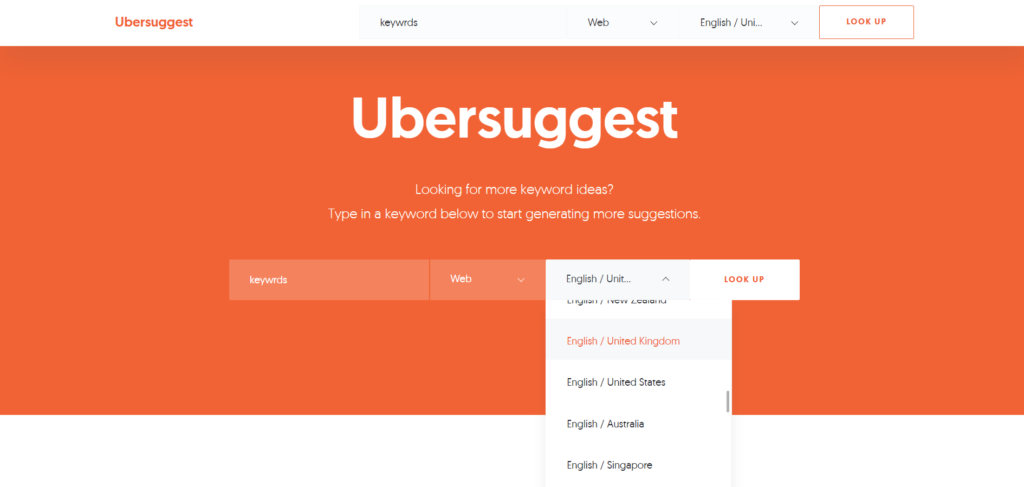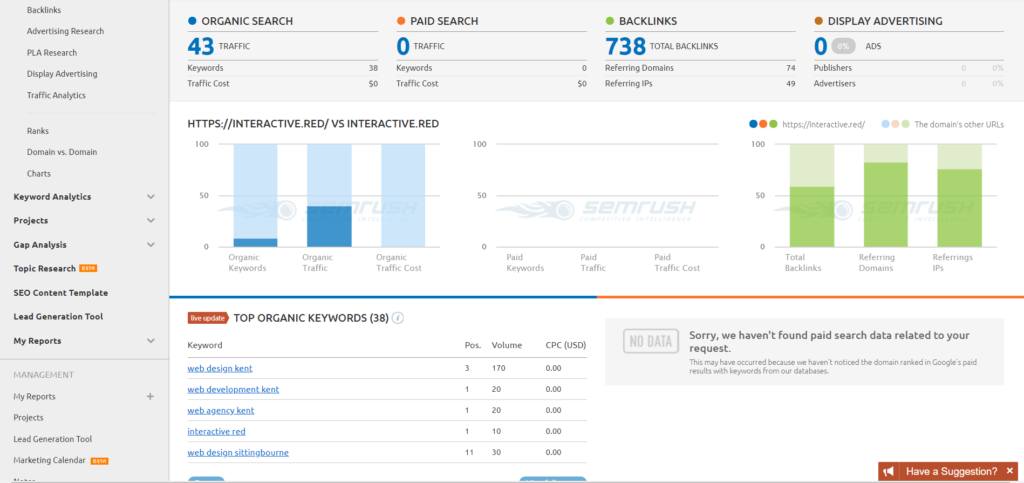Getting traffic from Google searches can be hard to do. You need to know how to optimise your page for target keywords. But where do you put them?
A lot of people tell you to put in relevant keywords into your website, but where specifically? This article will show you exactly that.
Where to put keywords
Search engines are made to give the user the most relevant content, which should be your goal. Don’t try and trick the search engines into ranking your website higher as this often actually works against you. Your main goal should be to deliver the most relevant keywords in the best areas, below are 5 areas to focus keywords on:
#1 Title tags
It is very important to add your keywords here. This is what shows up in Google when people search for something. For example, the title of this blog is “Where to put keywords: Choosing Keywords”, this will show up on Google when someone search these keywords.
Title tags are the most important place to put your keywords, make sure that a few different keywords are used and make sure they are relevant to the article. It is also important to make sure that the title is appealing to the viewers as no one will click on it if it doesn’t grab people’s attention. A good template that I like to use for my title tags is [Keyword Phrase] – How To [Keyword Phrase 2], this way you can target more than one phrase.
#2 Sub headings/ H1 or H2 tags
This means the mini headings in your blog posts and pages. An example of a sub heading is the one above this text. Google looks for relevant keywords here, so it is important to make sure that you are using them. It is also important for the readers point of view as it breaks up the content in your pages making it easier to read. The more time people spend on your page the more likely Google is to rank your website higher. Website readability is something Google takes into close consideration.
#3 Content
Writing relevant keywords and phrases in the main content area can be difficult. It’s easy to put keywords into wherever you can possibly fit them but it’s important to make sure the text is natural. If you are targeting the right audience with the right content, then the keywords should come naturally. 2 or 3 targeted keywords is good for a page but if more words are naturally added it won’t matter. Relevance and quality is better than keyword density. Don’t add keywords for the sake of it, making sure the writing is good quality should always come first.
#4 Image name and alternative texts
Most of the time people forget about images but they can be a good source of traffic. Adding keywords to images can mean your website will appear on Google images. Millions of people look for pictures on Google Images so if you can get your image on the first page then it will drive a lot of traffic your way. Make sure the names of your images make sense, for example instead of “img02902.png” save it as “car-image.png”. Finally make sure that the keyword optimised image matches the keywords in the text.
#5 Find relevant keywords for website
There’s a few keyword tools that I like to use for my posts. I only use free ones because most of the time you don’t need to pay loads to find what you are looking for.
Ubersuggest: This is an amazing free tool that lets you search for keywords and long-tail keywords. It also gives suggestions, the competition and what the phrase is worth. I suggest looking for keywords with a small amount of traffic as its easier to rank high on Google.

SEMrush: This is a great way of finding out what keywords your competitors are using. For example, if your main competitor is website design, you can see in the screen shot my competitors keywords are “web design Kent” and “web development Kent”. I know I should target these keywords and phrases to rank higher.

If you want to rank higher in Google it is important to put different keywords and phrases into each of the relevant areas. Using the right keywords is also very important. Sometimes researching what ones to use can be the hardest part. There’s no point in using keywords that have way too much competition because other websites will take over too easily. Targeting location-based keywords can be a good way of appearing in more searches. Using online tools should be a vital part of making your website.

